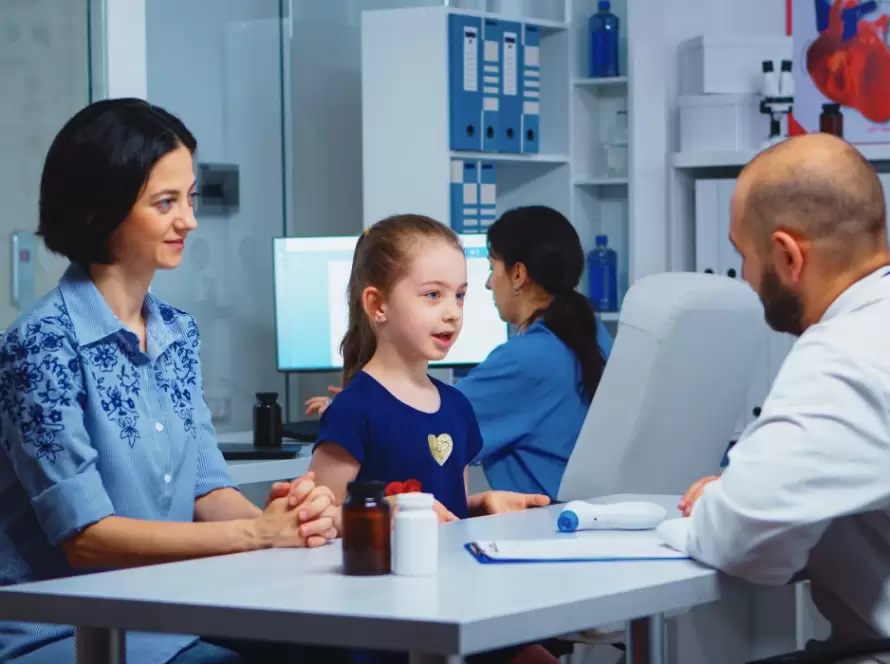Brazil is a huge pharmaceutical market that offers the pharmaceutical manufacturer fantastic potential. Registration of pharmaceuticals is a long procedure in Brazil involving various steps. In fact, it is an intricate procedure. It is not simple for pharmaceutical manufacturers to gain access to the Brazilian Regulatory Authority’s marketing of medications and biologics. The Portuguese Agencia Nacional de Vigilance Sanitaria, commonly referred to as ANVISA, is the name of the Brazilian Health Surveillance Agency. Assuring that drugs are produced in line with national regulatory criteria is one of the most challenging duties regulatory organizations face. The regulatory body ANVISA is in charge of monitoring and approval of drugs in Brazil, and other products including food, beauty products, tobacco, and medical gadgets, as well as keeping ports and airports clean. Priority review in this approval method of drugs takes 180 days to complete, whereas normal review takes 360-480 days. ANVISA’s primary goal is to protect and enhance public health by prohibiting the production and use of facilities and products that are hazardous to the general public. Regulations for clinical trials and the registration of pharmaceuticals and biologics are created by ANVISA.
The steps in process of approval of drugs in Brazil are as follows:
1. The applicant, who could be a firm or a representative of a company, submits a new drug application to the Brazilian health surveillance agency ANVISA.
2. The (GEPEC), office of the new drugs research and clinical trials evaluates pharmacology, effectiveness, and safety. It seeks guidance from external consultants on a periodic basis, as well as from the Technical Chamber of Medicines (CATEME).
3. On the basis of the recommendations and each of the evaluations, the Chamber of Drug Market Regulation (CMED) negotiates a price with the applicant and sets a certain price limit.
4. Following facility inspections, ANVISA authorizes the drug and grants market authorization following compliance of all criteria.
5. About six months after submitting the request for inspection, ANVISA visits the manufacturing facility. Within 45 to 60 days following inspection, ANVISA may give Good Manufacturing Practices (GMP) certificates to import pharmaceuticals manufacturers if all requirements are in compliance with Brazilian regulations. Marketing Authorization requires a GMP certificate. The GMP accreditation is only good for two years in Brazil.
The approval of drugs in Brazil by the agency ANVISA updated the laws governing biologic products in 2010, issuing Resolution RDC No. 55/2010, which is the current biologics regulation in Brazil. This resolution resulted in the creation of two new terms. The first term is a novel biologic product that comprises a molecule with known biological properties but has yet to be approved in Brazil. The second term, is a biologic product, refers to a drug that contains a chemical with a proven biological effect that is officially approved in Brazil.
There are two distinct approaches for biological product copies:
(i) The comparability pathway: This pathway involves comparing a biological product (copy) to a comparative product. The comparator is a biological product that has already been approved by ANVISA after submitting a complete dossier and has been commercialized in Brazil. Biologic product (copy) quality, non-clinical, clinical phase I, Phase II, and Phase III trial information is compared with a comparator or reference product. This technique is appropriate for more complicated biotherapeutic compounds such as monoclonal antibodies. Biosimilars are biological products that have been registered using this approach.
(ii) The individual development pathway: In Brazil, biological products (copies) can also be approved under the individual development approach. The applicant must submit documentation relevant to quality, preclinical, and phase I & Phase II of clinical trial studies that are not compared in this pathway, however, the results of the phase III clinical trial must be comparative.
Overall, ANVISA, the regulatory body for the approval of drugs in Brazil is ensuring that medicines sold in Brazil are secure, efficient, and up to the high standards demanded by the country’s regulatory framework.


